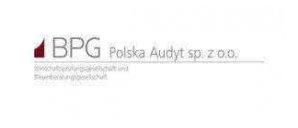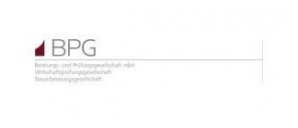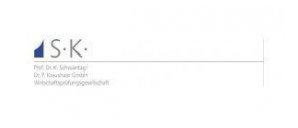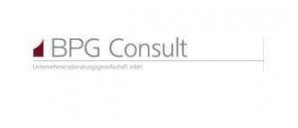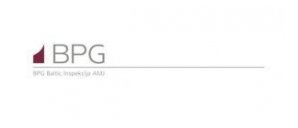Notice: Undefined offset: 24 in /home/bpghost/public_html/content/model/top_image.php on line 71
Notice: Undefined offset: 24 in /home/bpghost/public_html/content/model/top_image.php on line 71
Notice: Undefined offset: 24 in /home/bpghost/public_html/content/model/top_image.php on line 71
Notice: Undefined offset: 24 in /home/bpghost/public_html/content/model/top_image.php on line 71
Notice: Undefined offset: 24 in /home/bpghost/public_html/content/model/top_image.php on line 71

I. GENERALLY SPEAKING ABOUT POLAND
Poland is situated in the heart of Central Europe and regarding the area is the 9th largest country on the continent and the 70th in the World. Poland has almost 39 million inhabitants and is on the 34th position regarding population in the world. Poland is one of the youngest countries on the continent. - 35 % of Poles are under 25 years of age.
Polish is the official language. The official currency is the zloty (PLN) which is divided into 100 groszy. The PLN is subject to the floating exchange rate related to foreign currencies. Amounts in cash up to EUR 10,000 may be taken out of the country without specific permits, whilst amounts exceeding EUR 10,000 may be transferred out of the country providing appropriate documentation, such as contracts, invoices.
Poland went a difficult transformation from the Soviet-style economy to a market economy. On 1st January 1990 the new Solidarity-led government implemented a shock therapy by slashing subsidies, decontrolling prices, tightening the money supply, stabilizing the foreign exchange rate, lowering import barriers, and restraining state sector wages. Parliamentary democracy was established in Poland in 1991. This concluded a process set in motion by the "round-table" talks between the Communist government then in power and representatives of the Opposition (6th February - 5th April 1989). As a result of these essential changes in the socio-political system the name of the state reverted to its historical antecedent: the Republic of Poland.
Nowadays Poland is a parliamentary democracy headed by a President elected in general elections. The President's term of office is 5 years. The President's role, the election procedures, the function and the responsibilities of the Parliament and the Government are determined by the provisions of the National Constitution, written in 1997.
The bicameral Parliament, composed of the lower house (Sejm) and the upper house (Senat) is elected every four years in general elections and is responsible for creating laws. In this respect, it is the Sejm that has most of the power; the Senat may only suggest amendments to legislation passed by the Sejm.
The Prime Minister, proposed by the President to form a Government and win a vote of confidence in the Sejm, chairs the Council of Ministers and is Poland's Head of the Government. Governmental institutions consist of the Prime Minister, the Government's Presidium, and the Office of the Council of Ministers.
Poland is divided into 16 provinces. Each of the provinces (voivodships - województwa) is headed by voivode appointed by the central Government. Provincies are further divided into 380 counties (powiaty) and 2,479 communes (gminy). Local administration is elected in general local elections andis responsible for managing local affairs, including the allocation of public funds.
Poland is a member of many World organizations, for example:
- European Union (EU),
- United Nations (UN),
- International Monetary Fund (IMF/MFW),
- United Nations Educational, Scientific and Cultural Organisation (UNESCO),
- United Nations International Children's Emergency Fund (UNICEF),
- World Health Organisation (WHO),
- World Trade Organisation (WTO),
- Organisation of Economic Cooperation and Development (OECD),
- North Atlantic Treaty Organisation (NATO).




